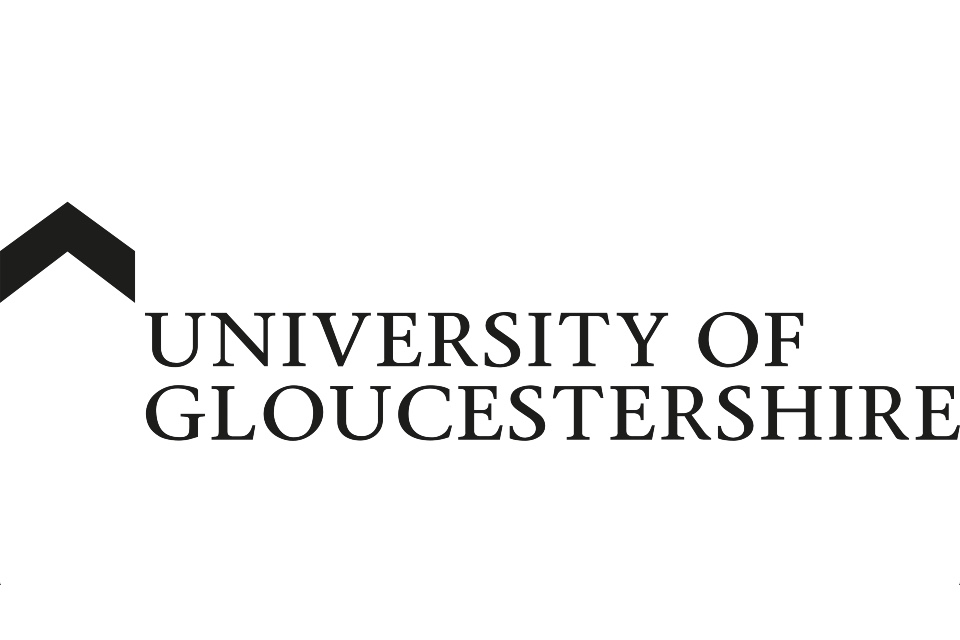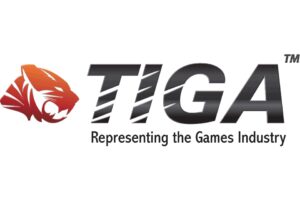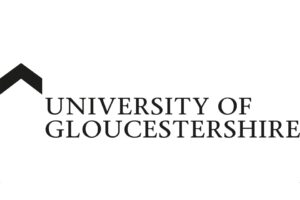
 TIGA, the trade association representing the UK video games industry, is pleased to announce the accreditation and re-accreditation of the following games course at the University of Gloucestershire.
TIGA, the trade association representing the UK video games industry, is pleased to announce the accreditation and re-accreditation of the following games course at the University of Gloucestershire.
BSc (Hons) Computer Games Design *Awarded* (re-accredited)
MSc (Hons) Game Development *Awarded* (accredited)
BSc (Hons) Computer Games Programming *Awarded* (re-accredited)
The TIGA Accreditation Team was impressed by the following examples of best practice:
 Cross-disciplinary delivery spans the undergraduate courses, with a commitment to establishing student teams from year 1.
Cross-disciplinary delivery spans the undergraduate courses, with a commitment to establishing student teams from year 1.- The emphasis on preparation for employability in relation to games industry placements and career-building opportunities.
- The opportunity for level 6 students to ‘hire’ level 5 students strengthens collaborative working, provides an emulated studio experience, and exposure to commercial practice within the safety of the educational environment.
- The inclusion of a ‘Research Group’ internal placement, during a sandwich year, provides progression into academic research.
- Strong employment outcomes across the courses, especially MSc Game Development, an emphasis on transferrable skills, low-attrition, and high NSS scores (undergraduate courses). [1]
- The University’s internal ‘COMX’ event which saw 300+ guests and welcomed local schools is a good initiative that boosts outreach, student and graduate networking, community, and provides employment opportunities.
BSc (Hons) Computer Games Design
Missing destination data tends to distort overall employability rates. TIGA therefore uses official “Graduate Outcomes” data from HESA[2] to report overall employment rates, together with data provided by the University of Gloucestershire:
- Percentage employed after 15 months: 80%
(Graduate Outcomes [3] survey data from 2020-21) - Percentage employed in games: 60%
(University data for 2020-23 ignoring unknown students) - Percentage employed using their game technology skills: 82%
(University data for 2020-23 ignoring unknown students) - Total number of graduates: 115
(University data for 2020-23)
- Unknown destinations: 48
(University data for 2020-23)
MSc (Hons) Game Development
- Percentage employed in games: 75%
(University data for 2020-23 ignoring unknown students) - Percentage employed using their game technology skills: 88%
(University data for 2020-23 ignoring unknown students) - Total number of graduates: 31
(University data for 2020-23)
- Unknown destinations: 15
(University data for 2020-23)
BSc (Hons) Computer Games Programming
Missing destination data tends to distort overall employability rates. TIGA therefore uses official “Graduate Outcomes” data from HESA [4] to report overall employment rates, together with data provided by the University of Gloucestershire:
- Percentage employed after 15 months: 85%
(Graduate Outcomes [5] survey data from 2020-21) - Percentage employed in games: 66%
(University data for 2020-23 ignoring unknown students) - Percentage employed using their game technology skills: 76%
(University data for 2020-23 ignoring unknown students) - Total number of graduates: 60
(University data for 2020-23)
- Unknown destinations: 31
(University data for 2020-23)
Dr Richard Wilson OBE, TIGA CEO, said:
“The University of Gloucestershire’s BSc (Honours) Computer Games Design, BSc (Hons) Computer Games Programming and MSc (Hons) Game Development are good quality courses. The undergraduate degree courses promote collaborative working, transferable and specific skills and are marked by low rates of attrition and high rates of student satisfaction. For example, the BSc Computer Games Design course had a 5% attrition rate in 2022-23. Likewise, 93% of students said that staff on the BSc Computer Games Programming “often make the subject engaging”. The provision for level 6 students to ‘hire’ level 5 students is particularly imaginative: it strengthens collaborative working and provides an simulated studio experience. All three accredited courses are informed by the needs of the games industry. Congratulations to the University of Gloucestershire on achieving TIGA accreditation.”
Associate Professor Mark Wickham, TIGA Educational Advisor & Director of Computer Arts and Technology, Norwich University of the Arts, said:
“The team at Gloucestershire have demonstrated through re-accreditation that their games provision has built upon a working formula and continued to develop employable graduates. Welcoming MSc (Hons) Game Development to the array of accredited courses was made easy though evidence of graduate employment into both games and wider creative sectors, and the value added through extension to the university’s growing games community.”
Zayd Dawood, Senior Lecturer in Game Development, University of Gloucestershire, said:
“We are thrilled to have regained accreditation for Computer Games Design and Computer Games Programming, and to have achieved accreditation for our MSc Game Development courses! This shows our dedication to keeping our courses current and highlights the University of Gloucestershire’s goal of providing top-notch education. It is a meaningful recognition of the work we have put into getting our students ready to succeed in the gaming industry right from the beginning.
“In addition, our connection with TIGA offers us incredible chances. Their solid relationships in the gaming industry assist us in leading the way in keeping up with the latest trends, technologies and preferences of employers.
“Through TIGA, students receive access to a special community of professionals, VIP gatherings and recognition through accolades, which significantly boosts their career prospects. Real-world collaboration and hands-on experience are essential in shaping our students to become the future innovators in the gaming industry.
“Working with TIGA solidifies the University of Gloucestershire’s status as a leading choice for aspiring game developers, offering our students a clear path into the exciting and competitive field of game development.”
Accreditation Team
The accreditation event took place on 18th June 2024. The Accreditation Team from TIGA who reviewed the course comprised:
Dr Richard Wilson OBE, CEO, TIGA
Associate Professor Mark Wickham ,TIGA Educational Advisor & Director of Computer Arts and Technology, Norwich University of the Arts
Charles Pedan ,Producer, Ubisoft Leamington
Devon Pearce, Group Commercial Director, The Trailer Farm
Luke Amer ,Game Programmer, Dlala Studios
TIGA
TIGA is the trade association for the UK video games industry. TIGA’s vision is to make the UK the best place in the world to develop video games. To this end, TIGA:
- engages with policymakers to create an environment favourable to video games development;
- enhances education and skills through our accreditation programme, the TIGA Games Education Awardsand our education conference;
- promotes best practice through our membership services, including the TIGA STAR Employer Awardand the TIGA Games Industry Awards;
- conducts primary research into the games sector, surveying hundreds of companies each year about the business environment, support policies and the health of the industry.
Get in touch:
Tel: 0845 468 2330
Email: info@tiga.org
Web: www.tiga.org
Twitter: www.twitter.com/tigamovement
Facebook: www.facebook.com/TIGAMovement
LinkedIn: http://www.linkedin.com/company/tiga

